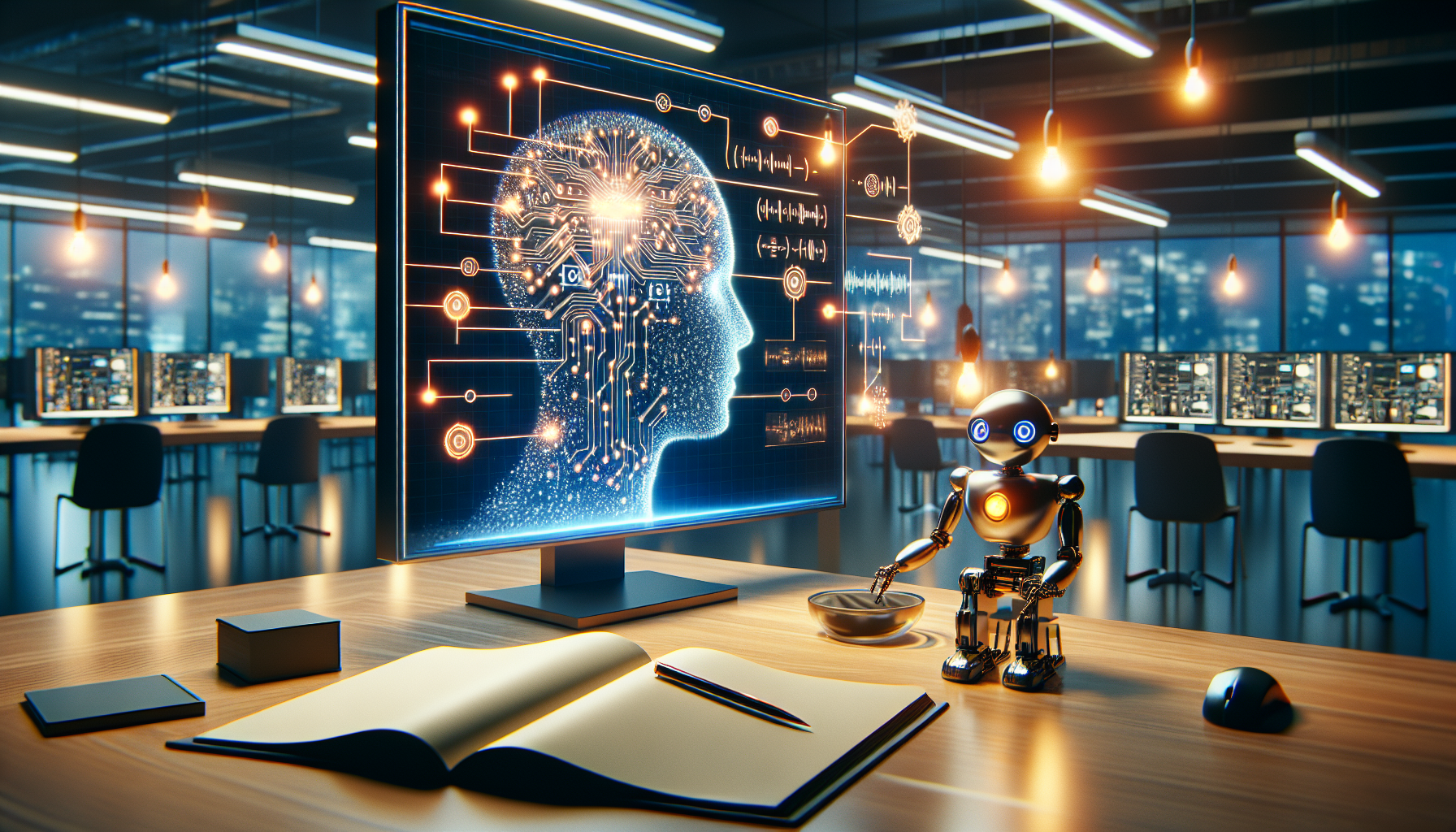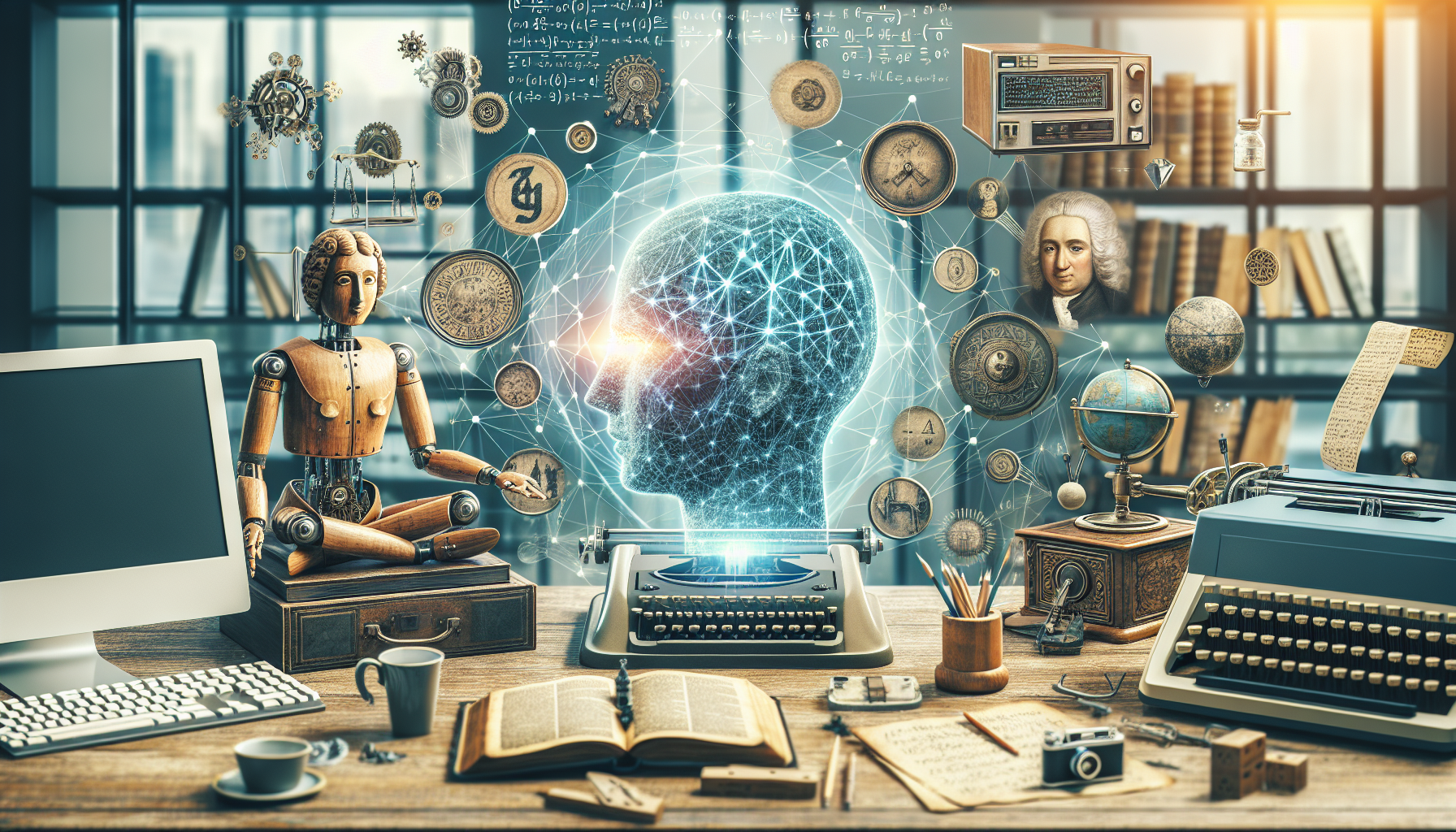
Conversational AI: The Looming Reality of Chatbots and Virtual Assistants
September 18, 2025
Conversational AI, once a science fiction fantasy, is now embedded in our daily lives through chatbots and virtual assistants. Yet, despite the convenience they offer, there are unaddressed concerns and complex implications lurking beneath their polished interfaces. As we look toward the future of conversational AI, critical questions arise about its trajectory and the societal impact of its widespread adoption.
The allure of conversational AI lies in its promise of seamless communication with technology. Chatbots and virtual assistants are designed to mimic human interaction, offering personalized experiences that adapt to individual needs. However, this technological marvel is not without its shortcomings. The algorithms driving these systems are far from perfect, often plagued by biases inherited from their training data. This raises significant ethical questions about the fairness and reliability of these AI systems, particularly when they are used in sensitive areas such as healthcare and customer service.
Moreover, the rapid advancement in natural language processing has led to ever more sophisticated conversational AI, but at what cost? The dependency on massive datasets to train these models means that privacy concerns are an ever-present issue. As companies collect and analyze vast amounts of personal data to enhance AI's intelligence, the risk of data breaches and misuse looms large. Users are often caught in a dilemma—sacrificing privacy for convenience—with little transparency about how their data is being used.
A glance into the future of conversational AI reveals a landscape filled with both potential and pitfalls. On one hand, the integration of AI into everyday devices holds the promise of transforming industries, from revolutionizing customer support to enhancing educational tools. On the other hand, this same integration highlights a growing digital divide. As AI becomes more advanced, there is a risk that those without access to the latest technology will be left behind, widening existing socio-economic gaps.
Furthermore, the rise of conversational AI poses a threat to employment in sectors reliant on human interaction. Customer service, retail, and even technical support roles are already seeing a shift towards automation. While AI can perform many tasks more efficiently than humans, the loss of jobs could lead to significant social and economic upheaval. This transition necessitates a rethinking of workforce development and education systems to prepare for an AI-driven future.
The ethical and philosophical implications of increasingly human-like AI are also worth considering. As these systems become more adept at understanding and responding to human emotions, the line between human and machine interaction blurs. This raises fundamental questions about the nature of relationships with AI entities. Can an AI truly empathize, or are we projecting human traits onto machines? The potential for emotional attachment to AI companions could have profound effects on human relationships and social structures.
Looking ahead, the field of conversational AI must navigate these challenges with caution and responsibility. Stakeholders, including developers, policymakers, and the public, must engage in ongoing dialogue to shape the ethical frameworks governing AI development. Transparent practices and robust regulatory measures are essential to ensure that advancements in AI benefit society as a whole, rather than exacerbating existing inequalities.
As we stand on the cusp of a new era in artificial intelligence, it is crucial to question the narrative that all technological progress is inherently beneficial. The future of conversational AI is not predetermined, and its success depends on the choices we make today. Are we ready to address the ethical dilemmas and societal impacts that come with creating machines that talk like us? The answers to these questions will define the role of AI in our future and the kind of world we wish to build.


